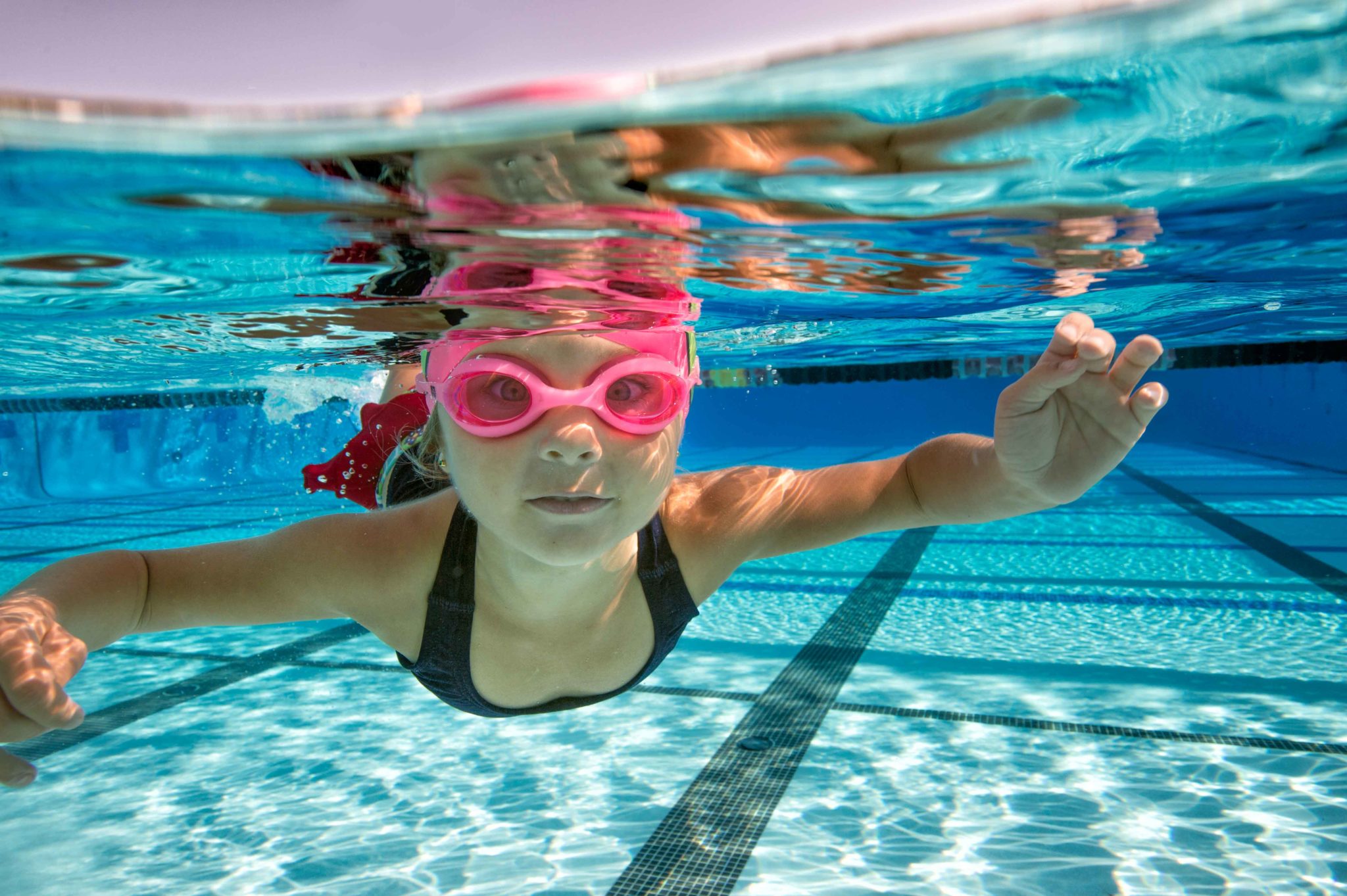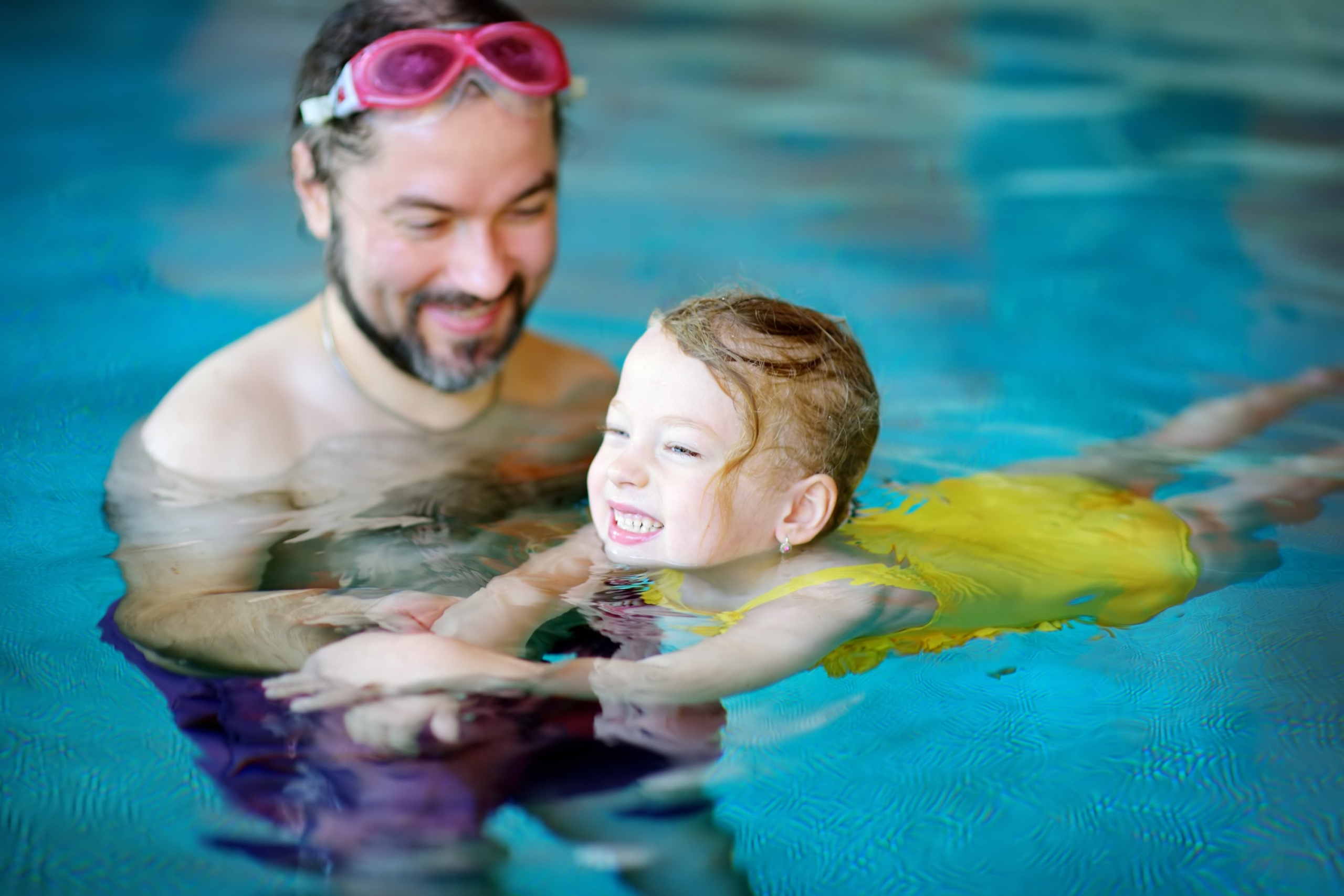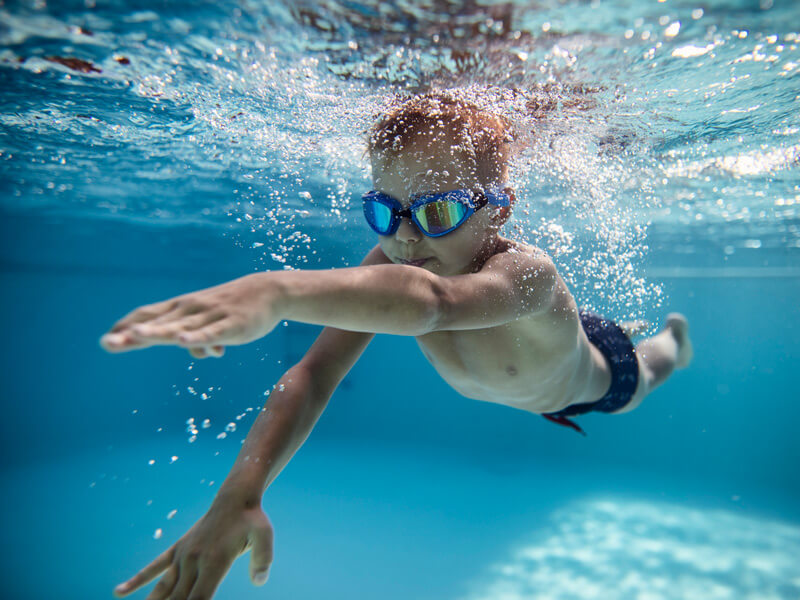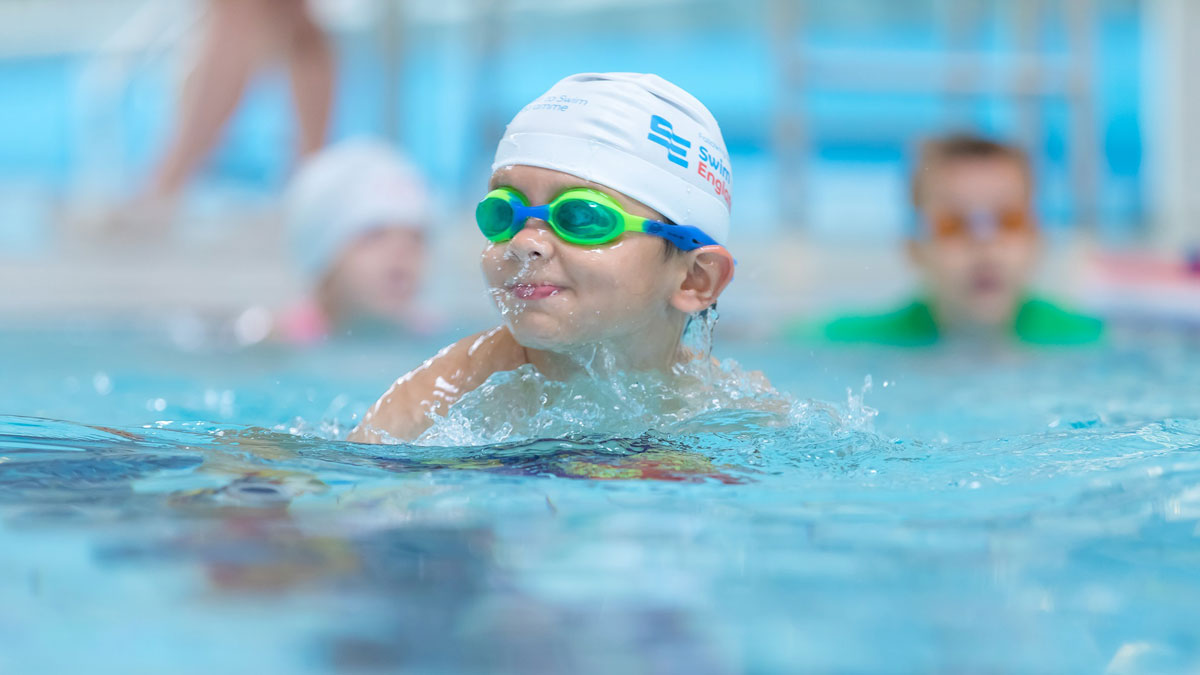
Swimming is not just a life-saving skill; it’s a gateway to a healthier, more confident, and socially adept child. Enrolling your child in swim classes early on can have a profound impact on their physical, cognitive, social, and emotional development. Knowing how to swim opens up a world of water-related activities and ensures safety around water bodies throughout life.
This comprehensive guide explores the varied benefits of early swim education and why it should be a priority for every parent. Let’s get in:
Safety and Survival Skills
Water Safety Education

One of the primary reasons for enrolling children in swimming classes is to instil water safety knowledge. Drowning is a leading cause of accidental death in young children, and water safety education is critical in preventing such tragedies.
Early swim lessons teach children to respect the water, understand its dangers, and learn life-saving skills such as floating, treading water, and safe entry and exit techniques.
Survival Skills
Beyond basic swimming skills, early swim classes equip children with essential survival techniques. Learning how to stay calm and float in an emergency can be life-saving. These classes often include drills and exercises designed to mimic real-life scenarios, ensuring children know how to react if they find themselves in trouble in the water.
Swimming encourages problem-solving skills. As children learn to navigate through water, they must figure out how to move their bodies efficiently, how to breathe correctly, and how to stay buoyant. These challenges can enhance their ability to solve problems and think critically.
Physical Development
Improved Motor Skills and Coordination

Water improves motor skills and coordination in ways land-based activities cannot. The resistance that the water offers helps in building muscle strength and improving motor skills.
According to research, children who swim from an early age show advanced gross motor skills compared to their non-swimming peers. Swimming requires coordinated movements of arms, legs, and torso, which fosters better balance and spatial awareness that helps them later in life.
Cardiovascular Health
Swimming is an excellent cardiovascular workout. It improves heart and lung function, which is crucial for overall health. The repetitive movements and breathing techniques required in swimming increase cardiovascular endurance and capacity. Starting young ensures these health benefits are ingrained early, promoting a lifetime of heart health and physical fitness.
Strengthening the Immune System
Swimming can help strengthen your child’s immune system. Regular physical activity, such as swimming, boosts the body’s ability to fight off illnesses and infections. The cool water in the pool can also stimulate the immune system, making your child less susceptible to common colds and other ailments.
Cognitive and Academic Benefits
Higher Cognitive Functioning

The cross-patterning movements in swimming, where limbs move in opposition, are known to stimulate both halves of the brain, enhancing cognitive function.
Studies have shown that these movements help with the development of nerve fibres in the corpus callosum, aiding communication between the brain’s hemispheres. This improved brain function translates to better learning abilities, including high language skills and improved spatial awareness.
Early Academic Advantages
There is a strong correlation between swimming and early math and reading skills development. Children who start swimming at a young age reach developmental milestones earlier than those who don’t. The discipline and focus required in swimming lessons can also improve attention spans and academic performance in school.
Social and Emotional Growth
Social Interaction and Skills Development
Swimming classes provide an excellent environment for social interaction. Children learn to take turns, share, and communicate with their peers. This structured social setting helps in developing essential social skills. Interaction with other children and instructors in a group setting fosters teamwork, patience, and mutual respect, which are vital for overall social development.
Boosted Self-Esteem and Confidence
Achieving milestones in swimming can significantly raise a child’s self-esteem and confidence. Each new skill learned, from floating independently to completing a lap, serves as a confidence booster.
Overcoming the initial fear of water and progressing through various levels of swimming proficiency builds emotional resilience. These experiences help children become more confident and assertive, traits that benefit them beyond the swimming pool.
Encouraging Better Eating Habits

Physical activity like swimming can encourage better eating habits. Active children often develop a healthy appetite and are more likely to eat nutritious foods. Swimming can help your child understand the importance of fueling their body with the right foods, promoting a healthier diet.
Fostering Patience and Discipline
Swimming lessons require children to listen to instructions, follow rules, and practice patience. These lessons can help your child develop discipline and the ability to focus on tasks. The repetitive nature of learning to swim also teaches children the value of practice and perseverance.
Increasing Sensory Integration
Swimming enhances sensory integration, which is the ability to use multiple senses together efficiently. The water provides a unique sensory experience, combining touch, sight, sound, and movement. This integration can be particularly beneficial for children with sensory processing issues, helping them to better process and respond to sensory information.
Developing a Sense of Rhythm
Swimming helps develop a sense of rhythm and timing. The rhythmic movements required for swimming strokes and breathing patterns can improve your child’s overall sense of timing. This skill can be beneficial in many areas, including music and dance.
Building Resilience to Challenges

Swimming can build resilience by teaching children how to handle challenges and setbacks. Not every swim lesson will be easy, and children will need to push through difficulties and overcome obstacles. This resilience can carry over into other aspects of their lives, helping them to face challenges with a positive and determined mindset.
Conclusion
The benefits of enrolling your child in swim classes early are vast. From physical and cognitive development to social and emotional growth, the advantages extend far beyond the swimming pool.
Early swim education equips children with essential life skills, promotes safety, and fosters a love for physical activity that can last a lifetime. Thus, if you’re considering swim classes for your child, now is the perfect time to start!











